Ex-envoys to India blast Trump invite to Pakistan Army Chief
Both envoys also cautioned that New Delhi could lean more heavily toward Moscow and Beijing if Washington falters.
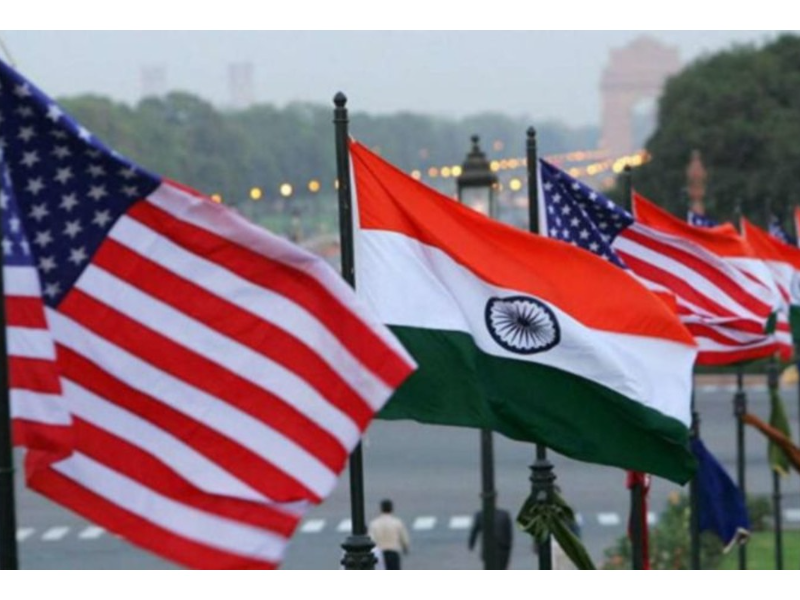 The Indian American Council organized the meeting to discuss Indi-US relations / Photo courtesy: U.S. Embassies and Consulates in India website
The Indian American Council organized the meeting to discuss Indi-US relations / Photo courtesy: U.S. Embassies and Consulates in India website
Two former US ambassadors to India on Sept. 10 slammed President Donald Trump for his decision to host Pakistan’s Army Chief at the White House, warning that the unprecedented invitation undermined trust and rolled back decades of bipartisan progress in ties with New Delhi.
Speaking at a virtual meeting organized by the Indian American Council, Richard Verma and Eric Garcetti — both of whom have served in Delhi as US Ambassador to India — described the Oval Office encounter as a “body blow” to Indian confidence in Washington.
“I couldn’t believe what I witnessed in a two-month period,” Verma said. “The President wiped out 24, 25 years of progress. And why? Apparently, because he was upset that Prime Minister Modi didn’t acknowledge his role in brokering some alleged ceasefire between India and Pakistan.”
Verma, who served as ambassador during the second term of Barack Obama, reminded participants that since President Bill Clinton’s 2000 visit, Washington had pursued a deliberate strategy of “de-hyphenating” India and Pakistan policy. “If we had one vulnerability in the relationship, it was trust. Could the Indians trust us to be that reliable strategic partner? Unfortunately, the last few months have proven to the Indian skeptics that we cannot be trusted,” he said.
He added that the move to welcome Pakistan’s top general was a shock to Indian policymakers. “If you care about Pakistani democracy … it was a body blow. It was a foot on your neck to have the Chief of Army Staff in the Oval Office like that.”
ALSO READ: Trump to host Pakistan army chief Asim Munir for White House luncheon
Garcetti, who left his post earlier this year, echoed the concerns. He warned that Trump’s actions risked dismantling rare bipartisan consensus. “That bipartisan, bicameral, bi-branch consensus … is being obliterated in a matter of just a few weeks and a few mistakes of action,” he said. “To invite the Head of the Pakistani military to the Oval Office is more than a subtle gesture. It is a reversal of how we’ve approached our foreign policy and our relationship with India.”
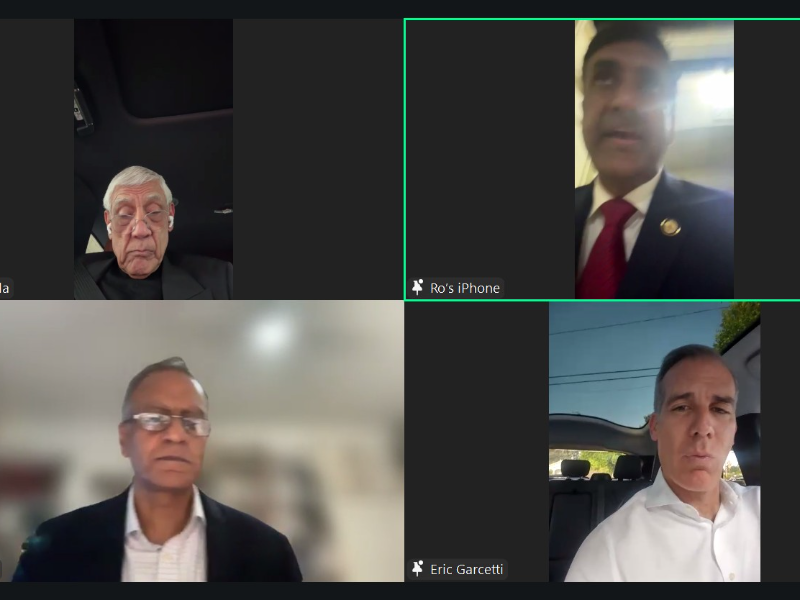 Screengrab from the virtual meeting / Photo courtesy: Indian American Council
Screengrab from the virtual meeting / Photo courtesy: Indian American CouncilBoth envoys cautioned that New Delhi could lean more heavily toward Moscow and Beijing if Washington falters. “It is not a surprise that you would see Modi and Putin and Xi together at the Shanghai Cooperation Organization,” Verma said. “India has choices, and we should recognize that. We should be equal partners with India.”
From Los Angeles, Garcetti said the damage would not be easy to repair. “This is the deepest set of blows … in over 20 years. If that’s just a tactic to get a better trade deal, it’s not something that goes away overnight on the street in India.”
Still, both urged activists and policymakers to keep the focus on repairing ties rather than turning the issue into partisan warfare. “This needs to be very clearly a pro-U.S.-India thing,” Garcetti said. “We should not make this an anti-Trump thing … we need to take both Democrats and Republicans.”
Lawmakers on the call, led by Rep. Ro Khanna (D-Calif.), backed the envoys’ warnings. “Trump … has put the highest tariffs on India and Brazil more than even China,” Khanna said. “It’s unsustainable … we need to make sure he de-escalates.”
Community leaders also voiced frustration. Monty Ahuja, a Cleveland entrepreneur, said that “years of building a slow and steady relationship [were] kind of blew up in a matter of days, if not weeks.”
Kanwal Rekhi, a Silicon Valley venture capitalist, urged stronger diaspora engagement. “Raise money, play the PR game, the lobbying game … raise awareness at a broader level,” he said.
The conversation also touched on domestic politics. Garcetti noted an uptick in anti-Indian rhetoric among Trump’s allies. “I am very worried … at the tone of some of the MAGA folks, of what they’re saying about not just Indians, but Americans who are Indian,” he said. “That is something brand new … it didn’t cross over into racist tropes before.”
Participants agreed on several “action items”: lobbying Congress for a tariff rollback, organizing bipartisan delegations to India to demonstrate goodwill, and amplifying public messaging on the contributions of Indian Americans.
Khanna closed with a sober warning. “This could really undermine 30 years of hard work,” he said. “It’s too important to just let things fall aside.”
ADVERTISEMENT
ADVERTISEMENT
E Paper
Video




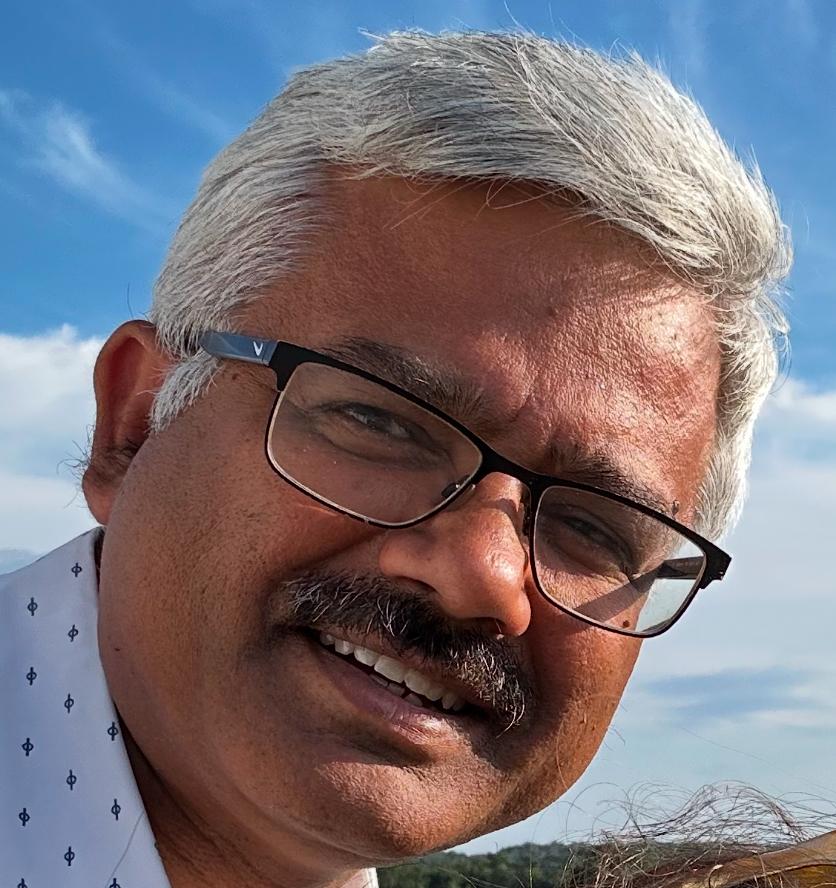 Lalit K Jha (IANS)
Lalit K Jha (IANS)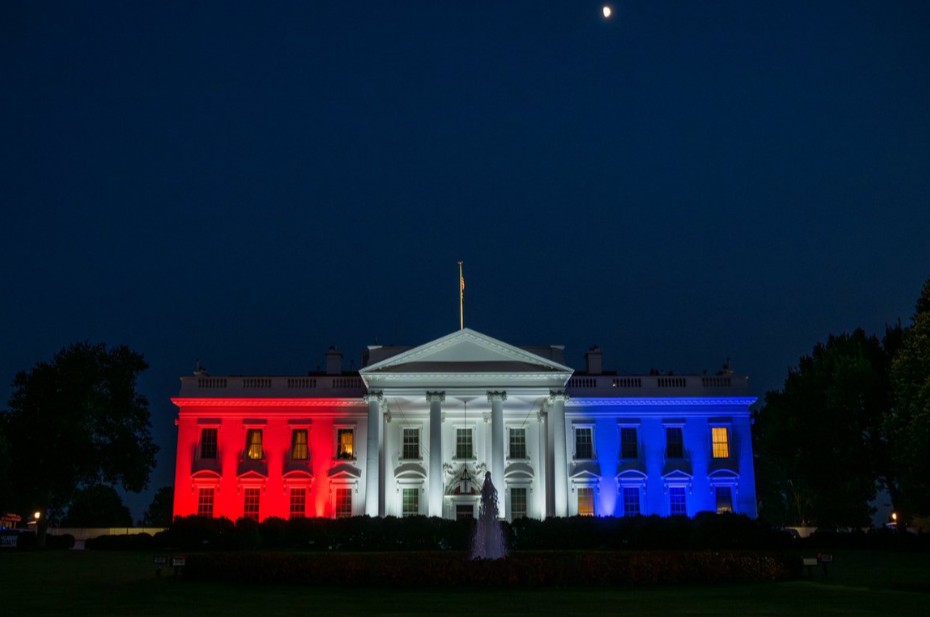
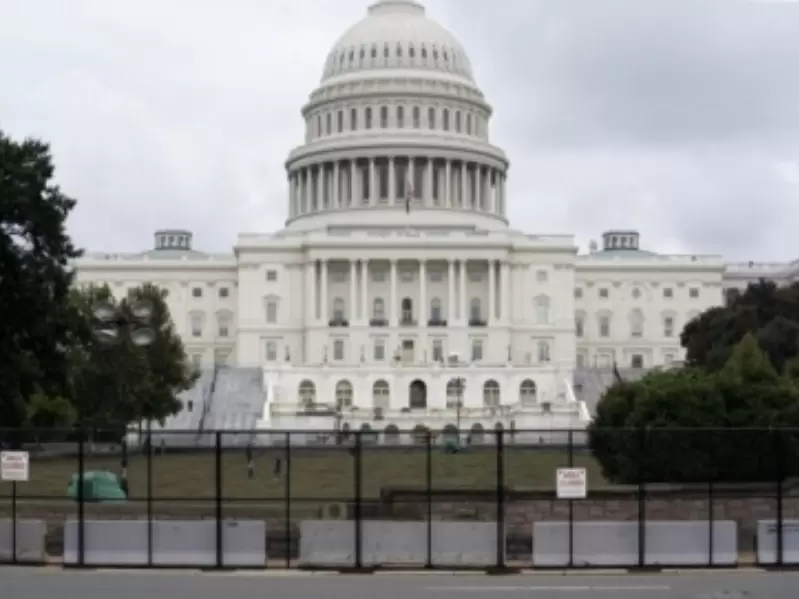
.jpg)
.jpg)
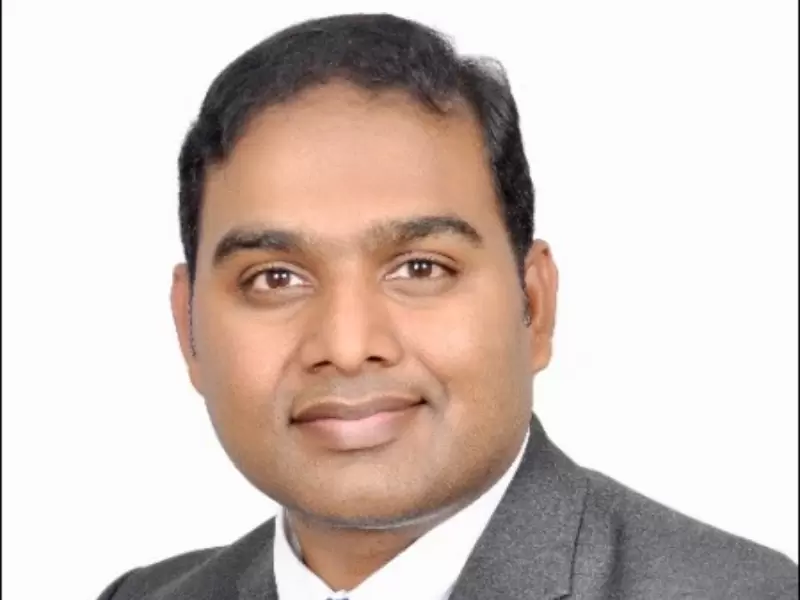
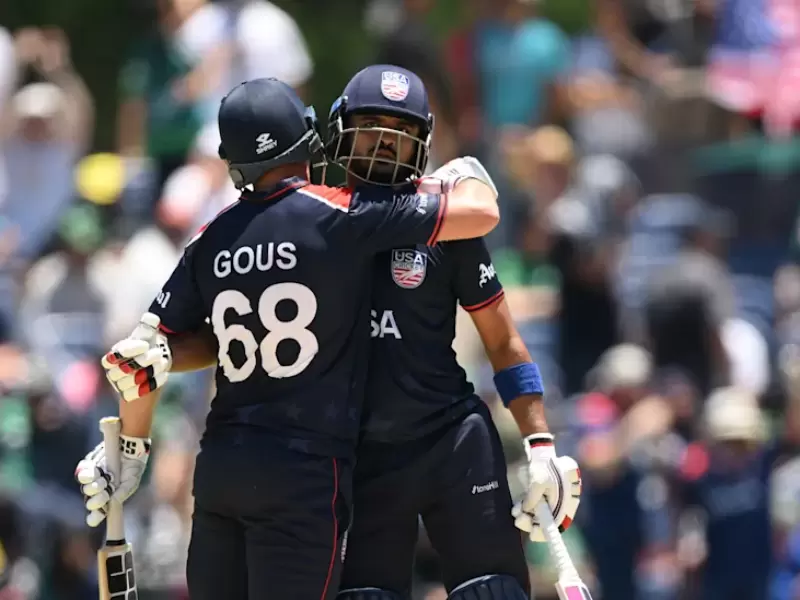
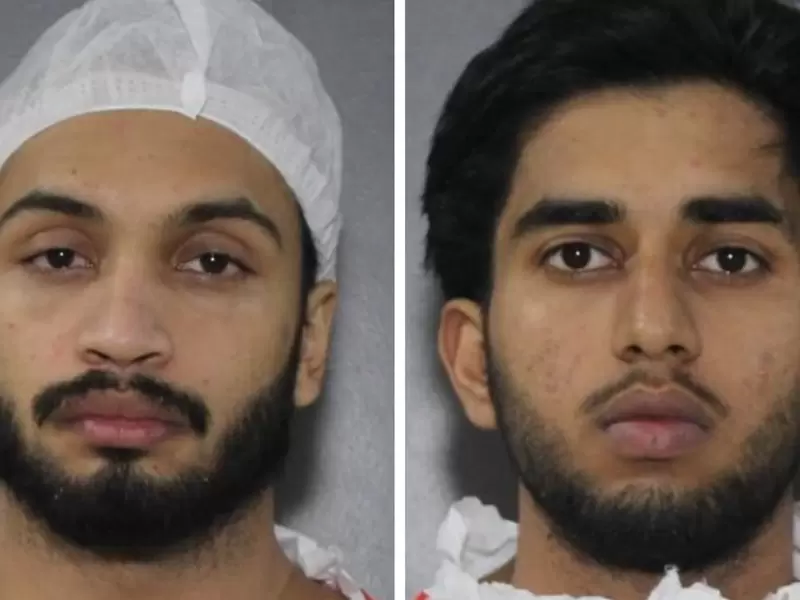
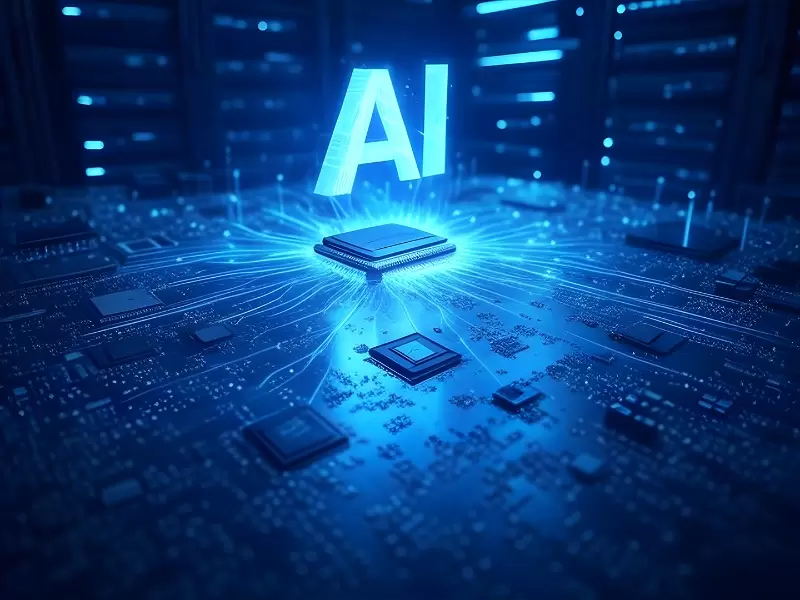
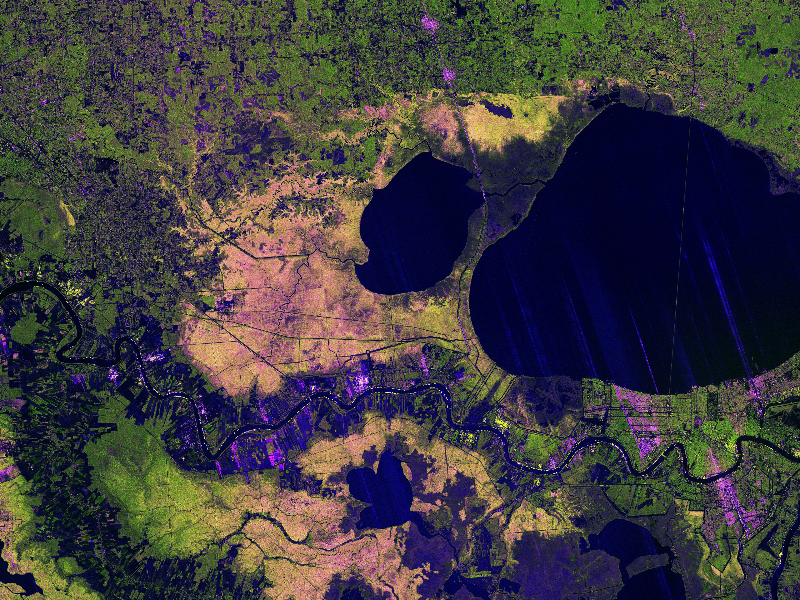
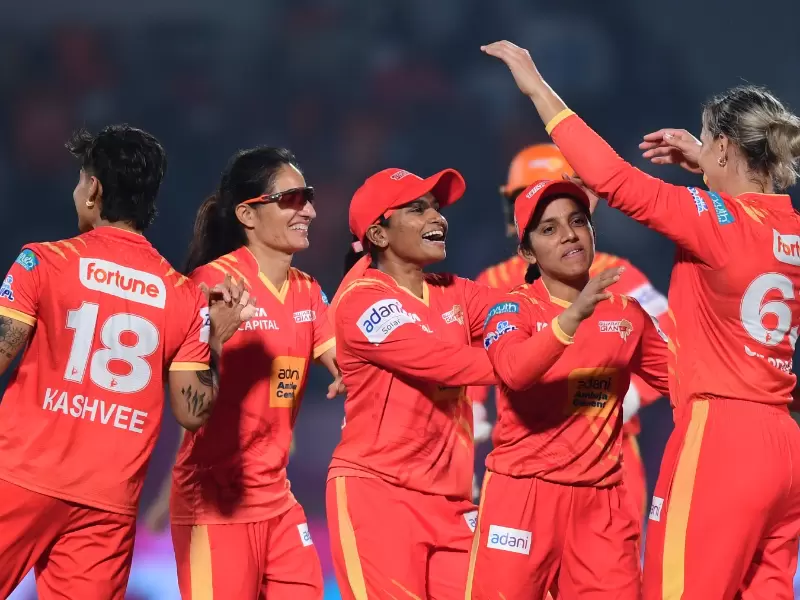
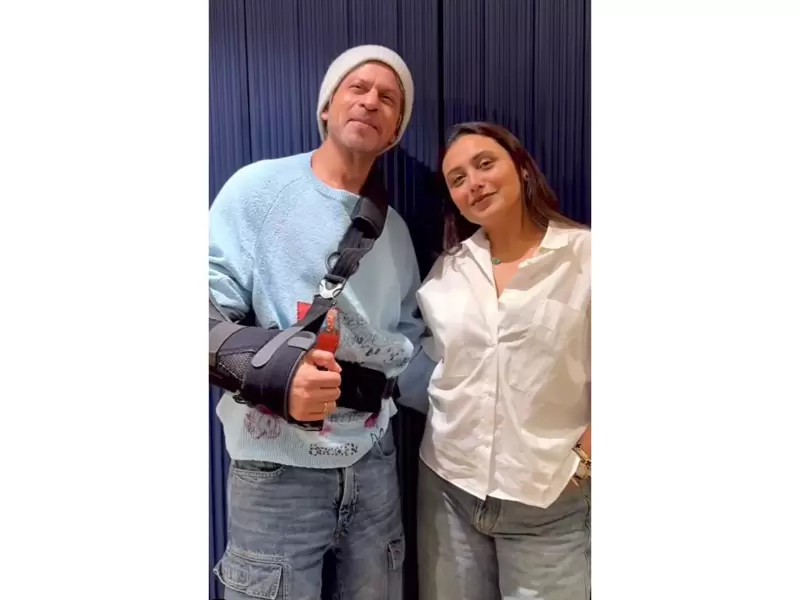
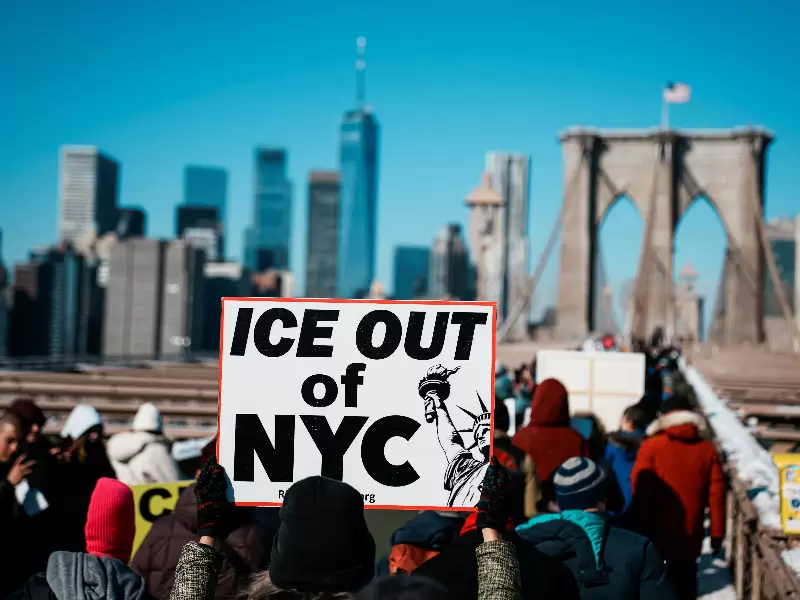


Comments
Start the conversation
Become a member of New India Abroad to start commenting.
Sign Up Now
Already have an account? Login